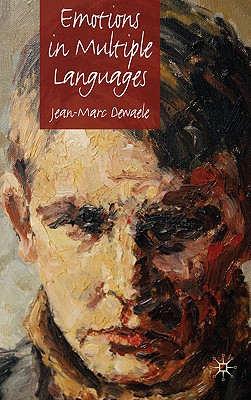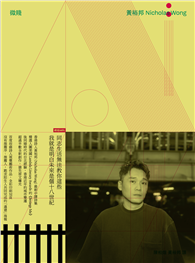This is the first large-scale investigation on how multilinguals feel about their languages and use them to communicate emotion. Using a combination of quantitative and qualitative approaches, Jean-Marc Dewaele looks at the factors that affect multilinguals' self-perceived competence, attitudes, communicative anxiety, language choice and code-switching when expressing feelings, anger and when swearing. Nearly 1,600 multilinguals from all over the world participated in the research. The results suggest that how and when a language was learned determines future use and communicative anxiety. Aspects such as present use of the language, the total number of languages known, and the level of emotional intelligence also play an important role. Interviews with participants reveal the importance of cultural factors and show how the slow process of acculturation in a new community is accompanied by gradual changes in language preferences to communicate emotions.
| FindBook |
有 1 項符合
Emotions in Multiple Languages的圖書 |
 |
Emotions in Multiple Languages 作者:Dewaele,Jean-Marc 出版社:Palgrave Macmillan 出版日期:2010-08-11 語言:英文 規格:精裝 / 260頁 / 1.9*14*22.2 cm / 普級 / 單色印刷 |
| 圖書館借閱 |
| 國家圖書館 | 全國圖書書目資訊網 | 國立公共資訊圖書館 | 電子書服務平台 | MetaCat 跨館整合查詢 |
| 臺北市立圖書館 | 新北市立圖書館 | 基隆市公共圖書館 | 桃園市立圖書館 | 新竹縣公共圖書館 |
| 苗栗縣立圖書館 | 臺中市立圖書館 | 彰化縣公共圖書館 | 南投縣文化局 | 雲林縣公共圖書館 |
| 嘉義縣圖書館 | 臺南市立圖書館 | 高雄市立圖書館 | 屏東縣公共圖書館 | 宜蘭縣公共圖書館 |
| 花蓮縣文化局 | 臺東縣文化處 |
|
|
圖書介紹 - 資料來源:博客來 評分:
Teaching and Assessing Writing in the Primary School: A Whole School Approach
Teaching and Assessing Writing in the Primary School: A Whole School Approach
Research-Based International Student Involvement: The Research-Tandem Model
Integrating Computational Thinking Through Design-Based Learning: Strategies for Integration in Different Disciplines
Critical Histories in Care and Education: Understanding the Connections Between the English Care and Education Systems from the Nineteenth Century to
Critical Histories in Care and Education: Understanding the Connections Between the English Care and Education Systems from the Nineteenth Century to
Developing Employability Capital in University Students: A Practical Guide
Discovery Science: 27th International Conference, DS 2024, Pisa, Italy, October 14-16, 2024, Proceedings, Part I
The University and the Algorithmic Gaze
Pragmatism and Historical Representation
Teaching and Assessing Writing in the Primary School: A Whole School Approach
Research-Based International Student Involvement: The Research-Tandem Model
Integrating Computational Thinking Through Design-Based Learning: Strategies for Integration in Different Disciplines
Critical Histories in Care and Education: Understanding the Connections Between the English Care and Education Systems from the Nineteenth Century to
Critical Histories in Care and Education: Understanding the Connections Between the English Care and Education Systems from the Nineteenth Century to
Developing Employability Capital in University Students: A Practical Guide
Discovery Science: 27th International Conference, DS 2024, Pisa, Italy, October 14-16, 2024, Proceedings, Part I
The University and the Algorithmic Gaze
Pragmatism and Historical Representation
|










